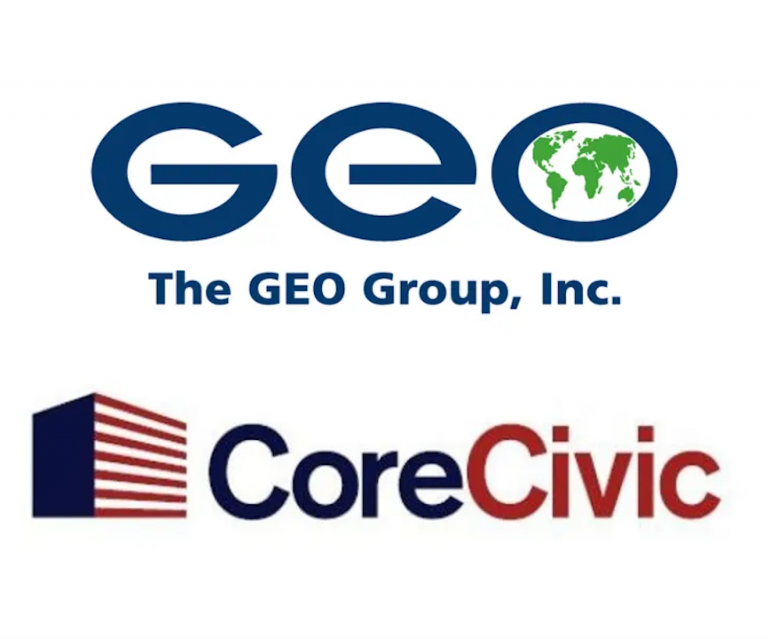Research is a large aspect of the higher education system and a powerful tool for influencing public opinion, decision-making, and policies. In this sense, research at institutions of higher education can be either a tool for harm or help when it comes to its relation with any system, including the Prison Industrial Complex. An example of research that worked to aid in the growth of private prisons was found in a 2007 research paper from Vanderbilt University, which was funded by CoreCivic and GEO Group, the two largest private prison corporations in the United States. This research paper concluded that private prisons could save a US State Department of Corrections department $13 to $15 million dollars every year. This research failed to mention that private prisons even more so than public prisons have been found to deeply lack adequate security and healthcare that endangers the safety and lives of those who are incarcerated. Additionally, for-profit prisons and their lobbying capacity influences policies that expand the systems of mass incarceration already in place. In essence, research funded by private prisons such as this Vanderbilt study are deeply harmful because they produce academically backed and stamped findings that support the growth of a system that consistently violates human rights and perpetuates systemic racism. Research universities need to hold their faculty accountable to not receive funds from such for-profit organizations as CoreCivic and Geo Group that could influence the results of a research project. Motivated industry funding sources should not bias what is supposed to be impartial academic research.

On the other hand, investing in authentic research on prisons and incarcerated people is important in order to dismantle the Prison Industrial Complex. Research is crucial in order to understand the roots and complexities of a problem. An example of groundbreaking research that shifted academic and public thinking about private prisons was done by two professors at City University of New York on “Private Prisons and the Emerging Immigrant Market in the US: Implications for Security Governance.” In this research paper, the authors dig deep into how the two largest private prison corporations, CoreCivic and GEO Group, have played a role in sponsoring and drafting a certain Arizona immigration bill where now 36 states have proposed copycats. The researchers found that 90% of CoreCivic and GEO Group lobbying dollars between 2003 and 2012 were used in states that proposed these immigration law copycat bills. They conclude by discussing how this lobbying is resulting in the expansion of immigrant detainment, increased government security, and is compromising our very democracy. Research like this is so important to illuminate the realities of our criminal justice system. Through investing more in authentic and unbiased research on the prison industrial complex, the realities of the flawed system can be brought to light. Research has the power to influence change and bring about the truth; we must invest in this in order to dismantle the Prison Industrial Complex and bring about systemic shifts in knowledge about the carceral state.
